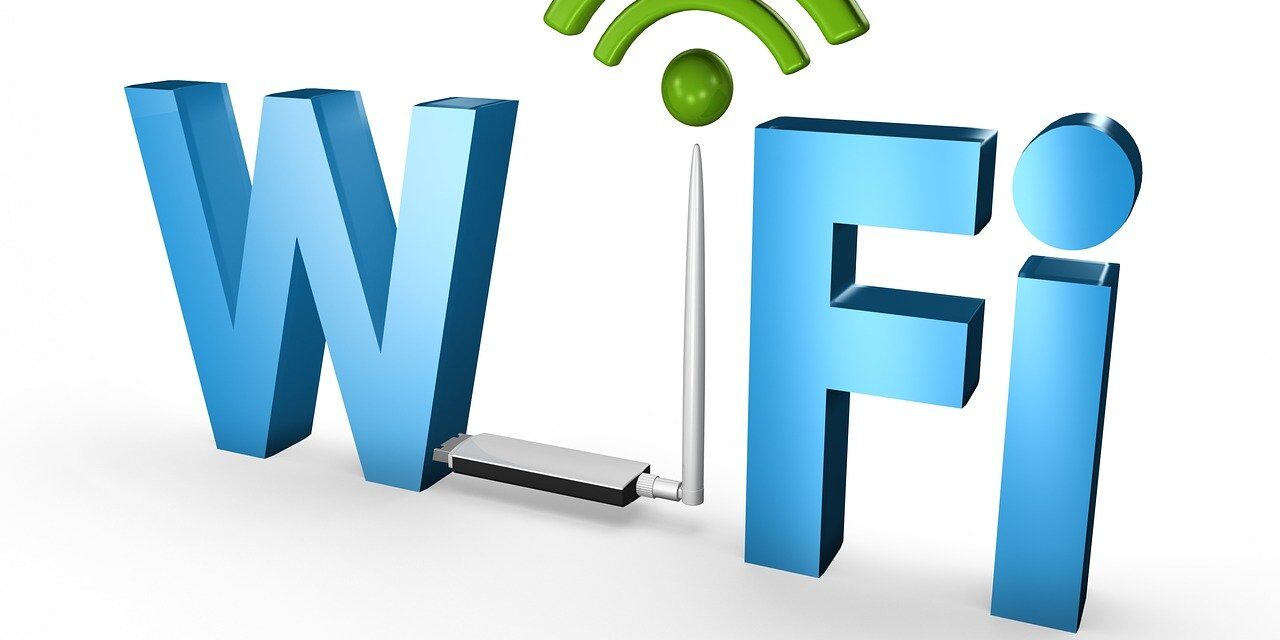Introduction to Pros and Cons of Public Wifi
Pros and Cons of Public Wifi In today’s hyper-connected world, public Wi-Fi networks have become an essential part of our daily lives. Whether you’re at a coffee shop, airport, hotel, or a public park, the convenience of free or easily accessible Wi-Fi is hard to resist. However, as with anything that seems too good to be true, there are pros and cons to consider. In this blog, we’ll explore the advantages and disadvantages of using public Wi-Fi and provide tips on how to protect yourself while enjoying these networks.
The Pros of Public Wi-Fi
- Convenience: The most apparent advantage of public Wi-Fi is its convenience. It allows you to stay connected on the go, check emails, browse the web, and access your favorite apps without using your cellular data plan.
- Cost Savings: Public Wi-Fi is often free, which can lead to significant cost savings, especially when traveling. It eliminates the need for expensive data roaming or exceeding your data plan limits.
- Increased Productivity: Whether you’re a student, remote worker, or entrepreneur, public Wi-Fi provides an environment conducive to productivity. You can work from virtually anywhere with an internet connection.
- Social Connectivity: Public Wi-Fi enables you to stay in touch with friends and family through social media, video calls, or instant messaging, making it easier to share your experiences while on the go.
The Cons of Public Wi-Fi
- Security Risks: Public Wi-Fi networks are inherently less secure than private networks. They are more susceptible to hacking, data breaches, and cyberattacks. Hackers often target public Wi-Fi to intercept sensitive information such as login credentials and personal data.
- Privacy Concerns: Using public Wi-Fi means your online activities may be less private. Unauthorized individuals can potentially monitor your internet traffic, compromising your personal information.
- Malware and Viruses: Public Wi-Fi networks can be a breeding ground for malware and viruses. Malicious software can spread quickly through shared networks, potentially infecting your devices.
- Network Reliability: Public Wi-Fi networks can be unreliable, leading to slow speeds and frequent disconnections. This can be frustrating, especially if you’re trying to complete important tasks.
- Limited Bandwidth: Crowded public Wi-Fi networks can result in limited bandwidth, making it difficult to stream videos or download large files.
Tips for Safely Using Public Wi-Fi
- Use a VPN (Virtual Private Network): A VPN encrypts your internet traffic, making it much more difficult for hackers to intercept your data. Consider using a trusted VPN service when connecting to public Wi-Fi.
- Turn Off Sharing: Disable file and printer sharing on your device to prevent others on the network from accessing your files.
- Use HTTPS: Ensure that websites you visit use the “https://” protocol, indicating a secure connection. Many websites encrypt data to protect your information.
- Forget the Network: Once you’re done using a public Wi-Fi network, make sure to disconnect and “forget” the network on your device. This prevents automatic reconnection.
- Enable Two-Factor Authentication (2FA): Use 2FA for your online accounts to add an extra layer of security. Even if your login credentials are compromised, 2FA can prevent unauthorized access.
Conclusion of Pros and Cons of Public Wifi
Public Wi-Fi networks offer undeniable convenience and cost savings, but they also come with significant risks. Understanding the pros and cons is crucial for making informed decisions about when and how to use public Wi-Fi. By following best practices, such as using a VPN and practicing good cybersecurity hygiene, you can enjoy the benefits of public Wi-Fi while minimizing the associated security risks. Staying informed and vigilant is key to a safe and connected digital experience in today’s wireless world.





